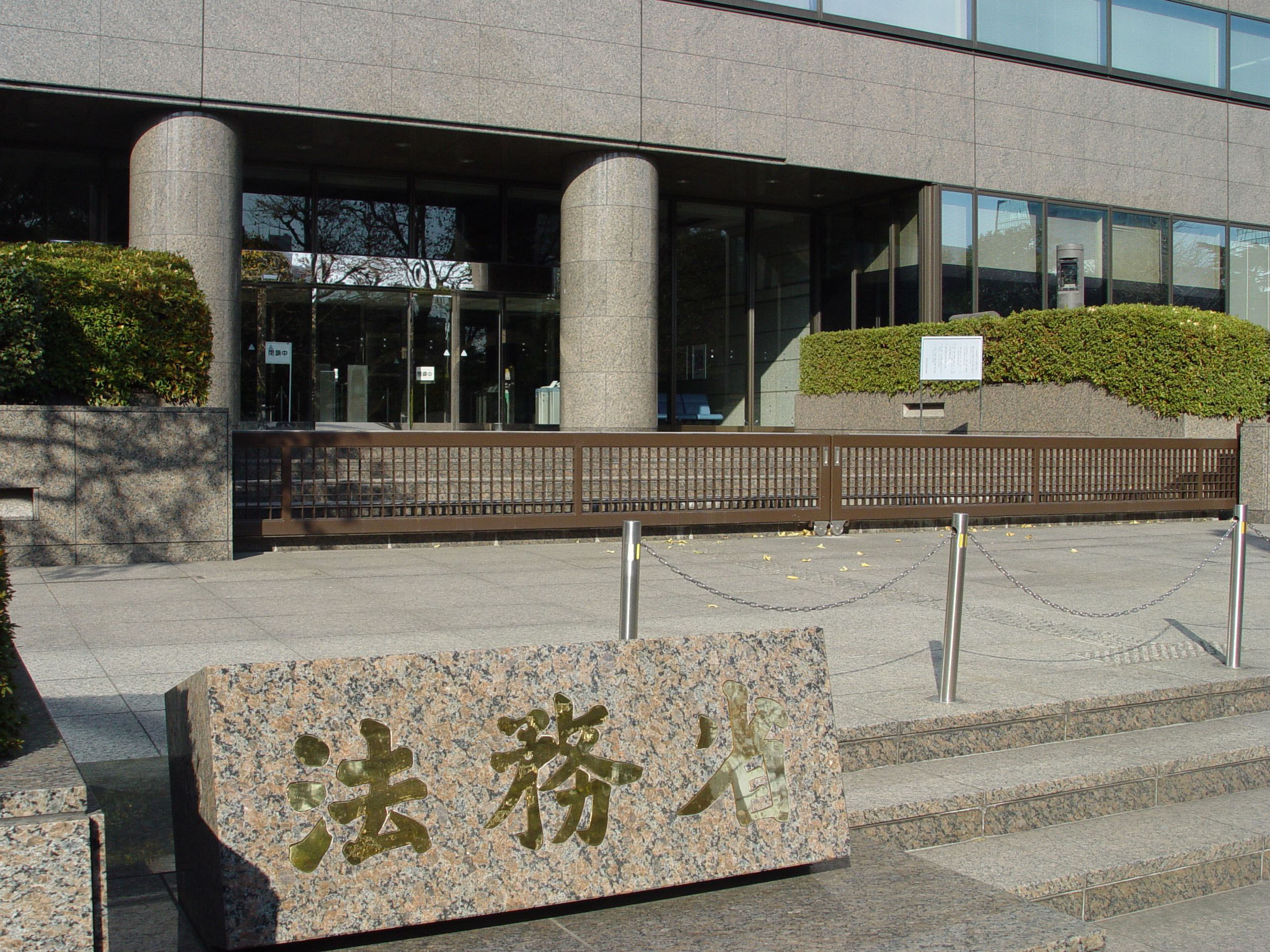'Where's the justice?!" That's the common refrain of people who lose in court. In Japan, the answer may be "nowhere," at least as far as terminology goes.
The Japanese word for "justice," seigi (正義), is rarely used as a legal term the way it is in the West. It is used in an abstract idealistic sense, in statements about "realizing justice" (seigi no jitsugen, 正義の実現), for example, but doesn't make repeat appearances in legal dictionaries.
Nonetheless, the government has an institution that in English appears devoted to the ideal: the Ministry of Justice (MOJ). In Japanese, however, its name, Hōmushō (法務省), has nothing to do with justice. Hōmu (法務) just means "legal affairs" and thus might as well be a synonym for "boring" to many people. Corporate legal departments (hōmubu, 法務部) use the same term. Some legal professionals specialize in business or cross-border legal matters (shōji hōmu, 商事法務, or shōgai hōmu, 渉外法務), but again, there's no direct connection to the ideal of justice.

















With your current subscription plan you can comment on stories. However, before writing your first comment, please create a display name in the Profile section of your subscriber account page.